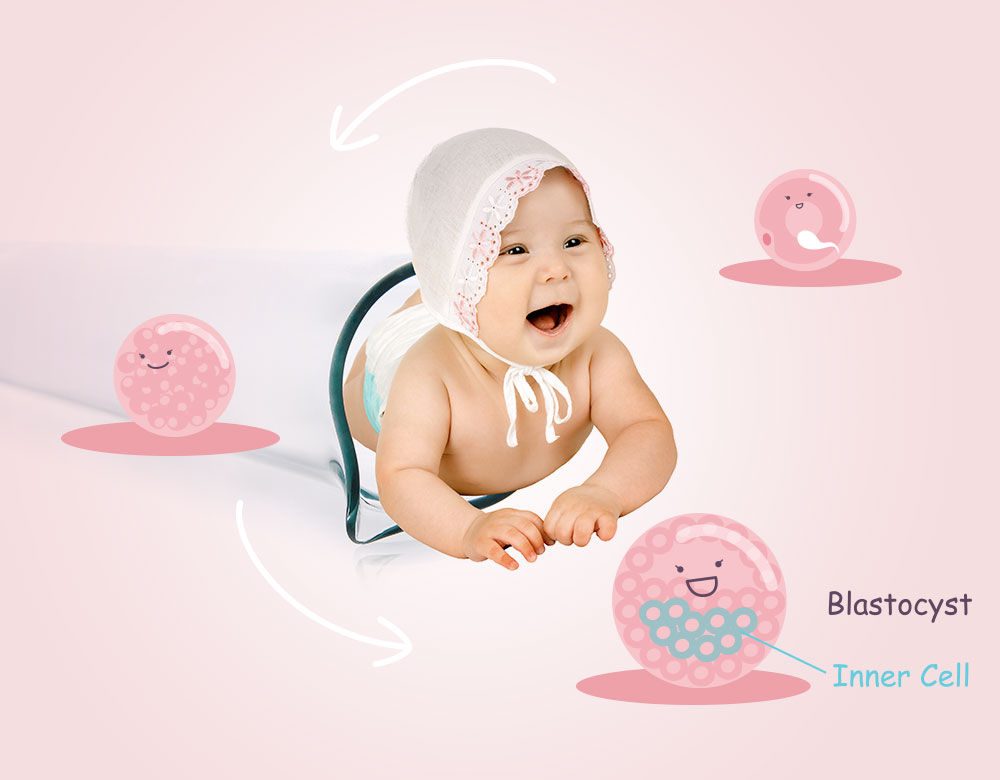Single Parenthood by choice (Selected Single parenthood) in IVF Practice

Introduction to Single Parenthood by choice (Selected Single parenthood) in IVF Practice:
In the realm of assisted reproductive technologies, particularly in vitro fertilization (IVF), the concept of selected single parenthood has gained increasing recognition and acceptance.
Selected Single parenthood in the context of IVF refers to individuals who choose to embark on the journey of parenthood without a partner, relying on fertility treatments to achieve pregnancy. This shift in societal norms and reproductive choices has sparked a growing interest in understanding the unique considerations, challenges, and ethical implications associated with single individuals pursuing IVF.
The rise of selected single parenthood in IVF practice can be attributed to several factors. Advancements in fertility treatments have expanded options for individuals who, for various reasons, find themselves without a partner but aspire to experience parenthood. Additionally, societal shifts and changing perspectives on family structures have contributed to greater acceptance and support for individuals choosing single parenthood through assisted reproductive technologies.
Despite the increasing prevalence, the topic raises complex questions within the medical, ethical, and social spheres. Medical professionals must carefully navigate the decision-making process with single individuals, considering factors such as emotional readiness, financial stability, and the potential impact of solo parenting on the child's well-being.
Ethical considerations in single parenthood by choice within the context of IVF include issues related to donor conception, the psychological support provided to the individual, and the long-term implications for both the parent and the child. Moreover, there is a need for ongoing research to better understand the experiences and outcomes associated with single parenthood by choice in IVF, ensuring that the medical and ethical dimensions are aligned with the evolving landscape of reproductive choices.
In conclusion, the introduction of single parenthood by choice in IVF practice reflects a changing societal landscape and a widening acceptance of diverse family structures. As technology and attitudes evolve, it is essential for healthcare professionals, ethicists, and policymakers to collaboratively address the unique challenges and considerations associated with single individuals seeking parenthood through IVF, fostering an environment that supports informed decision-making, comprehensive care, and the well-being of both parent and child.